
What is the Fastest Way to Cure a Fatty Liver
If you’re asking what is the fastest way to cure a fatty liver, learn how a healthy diet and exercise can help.

If you’re asking what is the fastest way to cure a fatty liver, learn how a healthy diet and exercise can help.
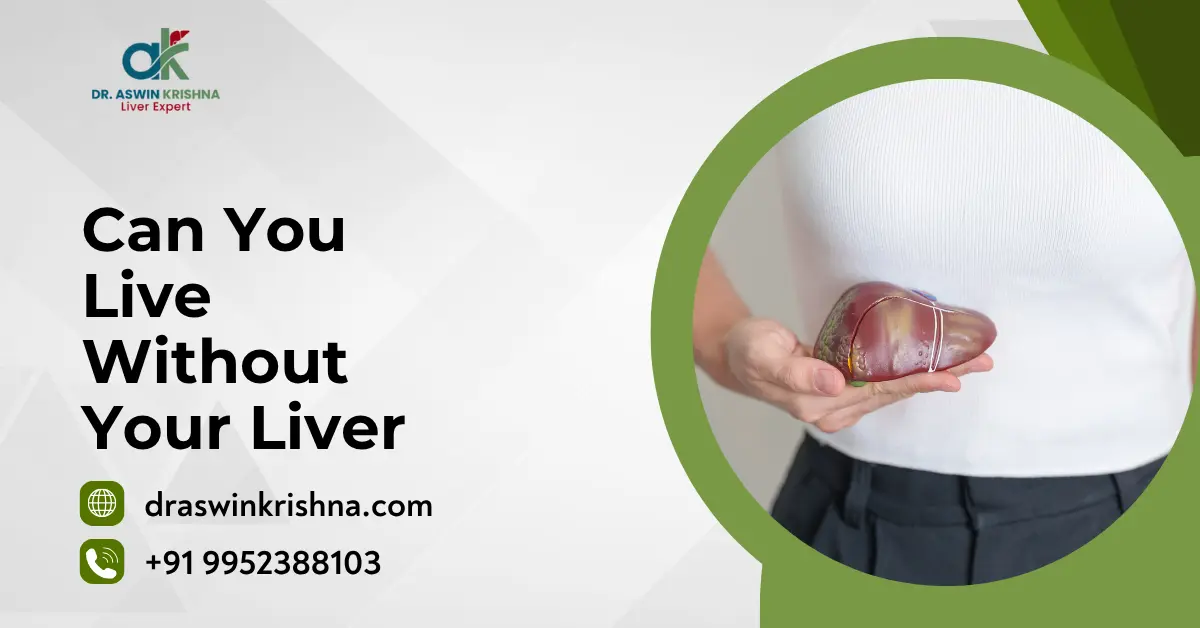
The liver is vital for detoxification, digestion, and energy storage. Living without it is impossible, but transplants save lives.
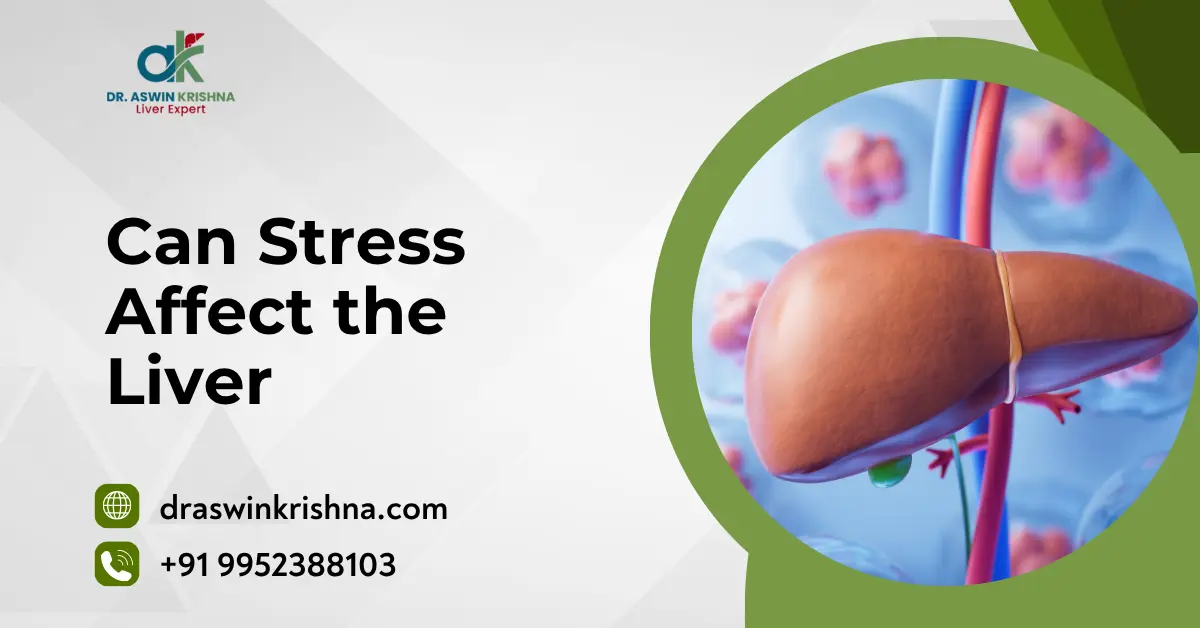
Discover how stress impacts liver health and learn the connection between mental well-being and liver function.

Explore key signs of liver detox working, such as reduced bloating, better sleep, and heightened mental clarity effectively.

Walking, jogging, and swimming are excellent for liver health, promoting blood circulation and reducing liver fat.

Probiotics support liver health by improving gut health, reducing inflammation, and aiding in detoxification, promoting overall liver function and wellness.

Jaundice treatment for adults focuses on identifying the cause, managing symptoms, and supporting liver health through medication and lifestyle changes.
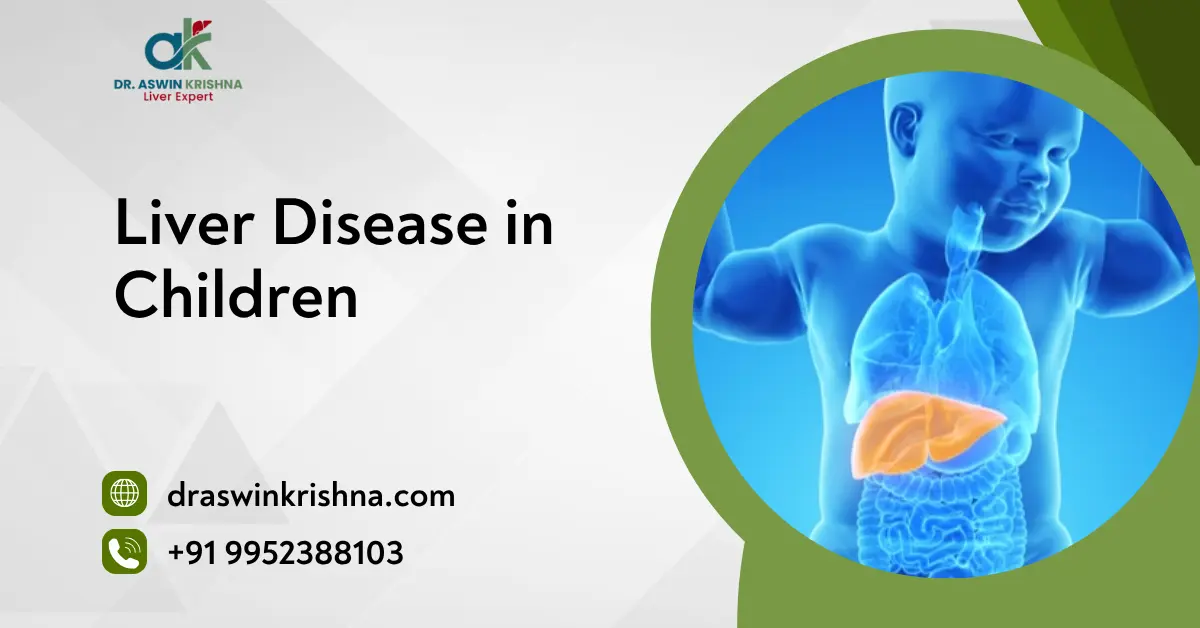
Liver disease in children includes genetic, viral, and metabolic disorders. Early diagnosis and treatment are crucial for better health outcomes.

The best nutrients for liver health include vitamins A, C, E, and minerals like zinc, selenium, and magnesium.

Stage 5 liver failure is critical. Learn about symptoms, treatments, and life-saving interventions for this advanced liver condition.
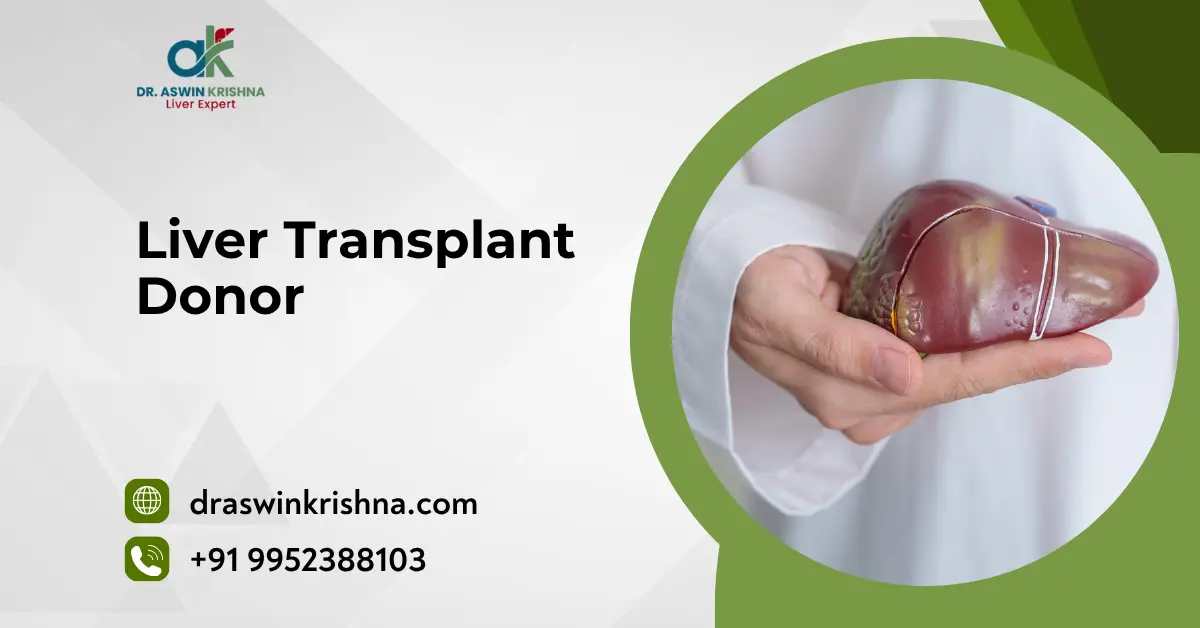
A liver transplant donor can be living or deceased, providing a vital organ to save lives through transplantation.
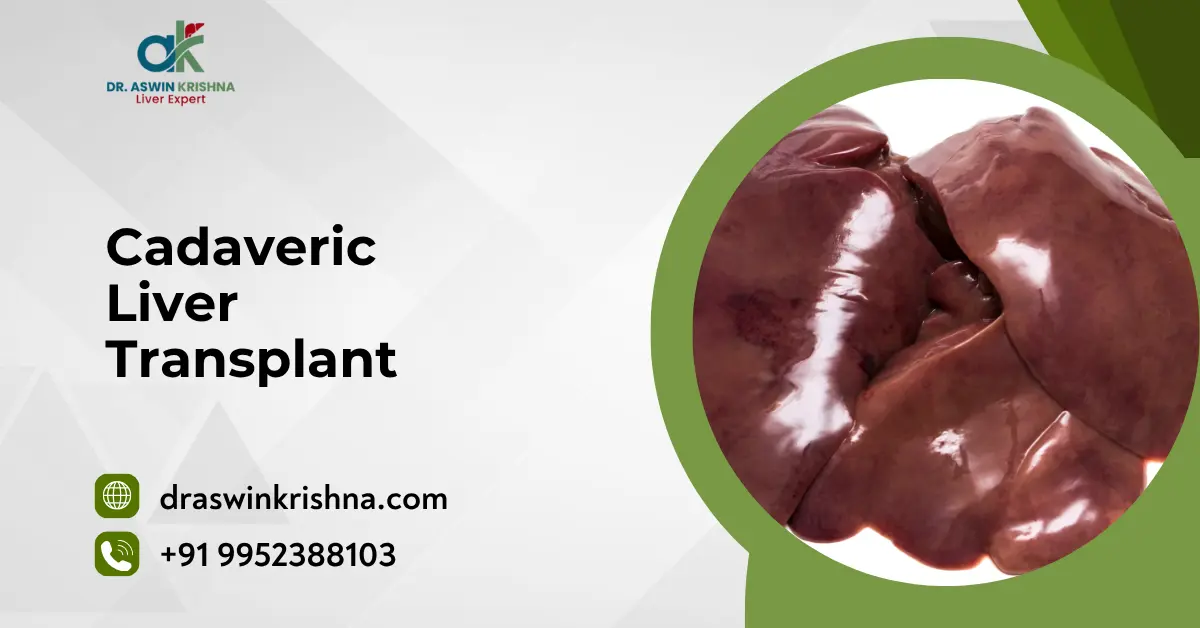
Cadaveric liver transplant involves using a deceased donor’s liver, offering hope for patients with severe liver diseases.